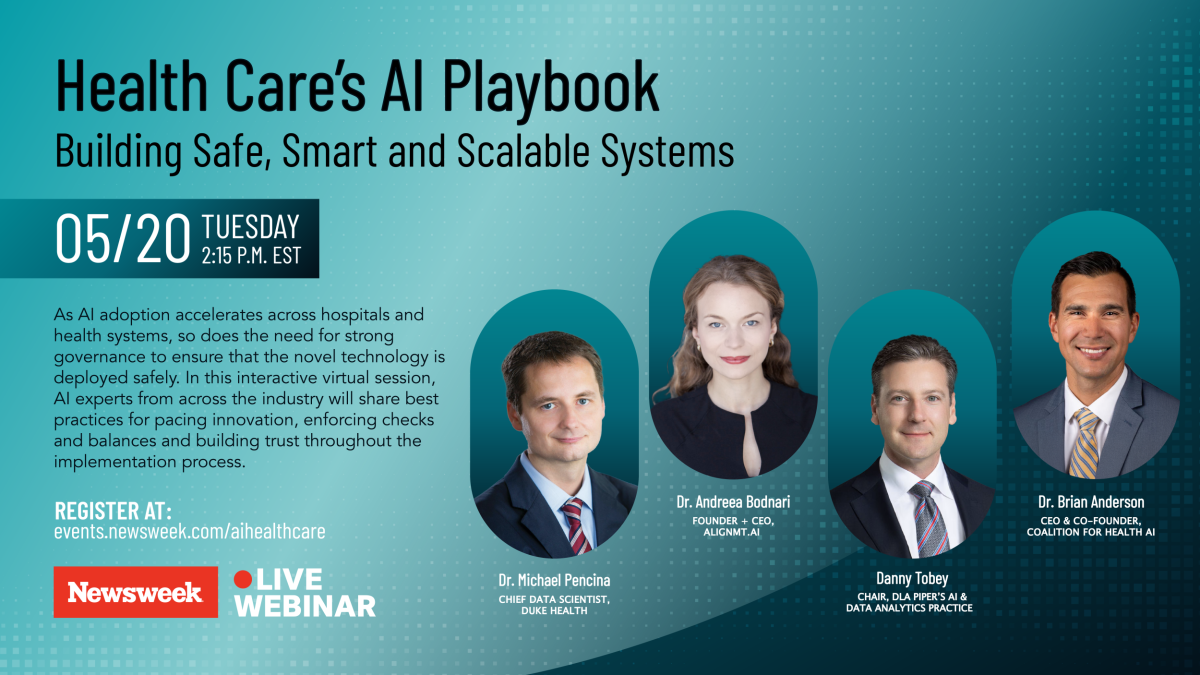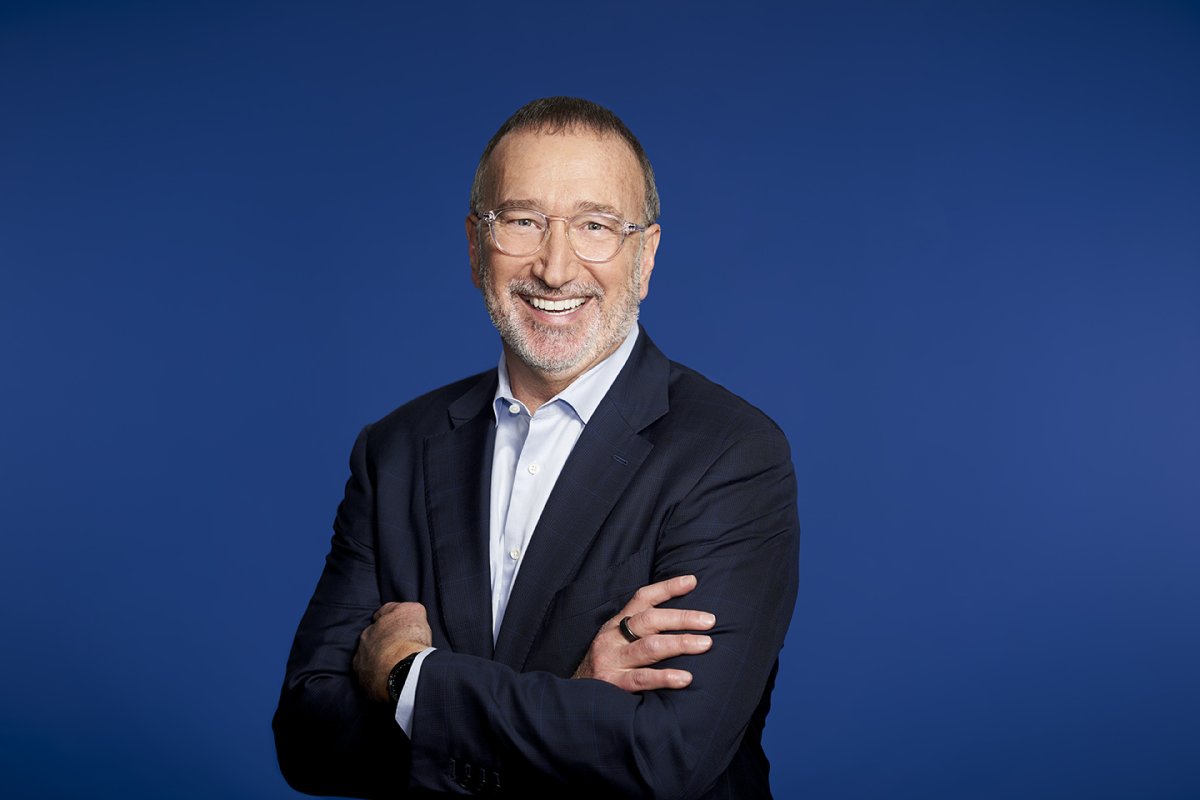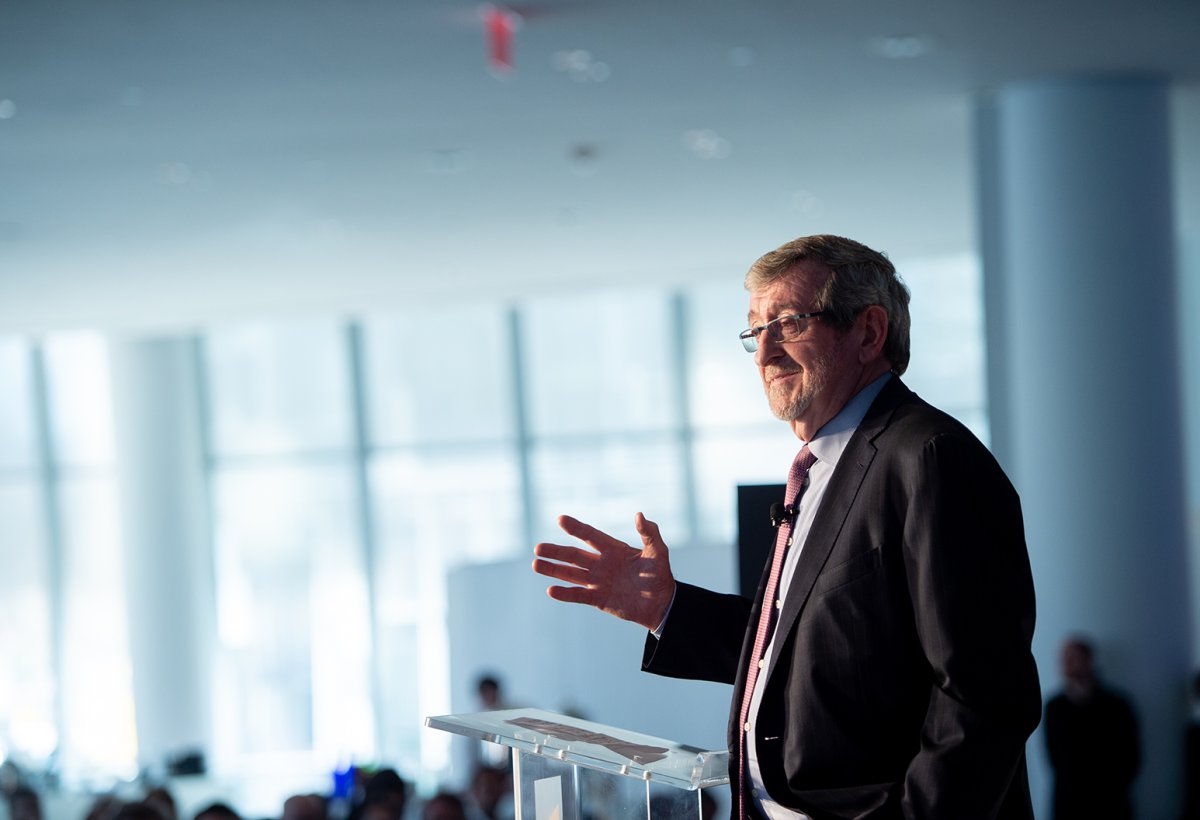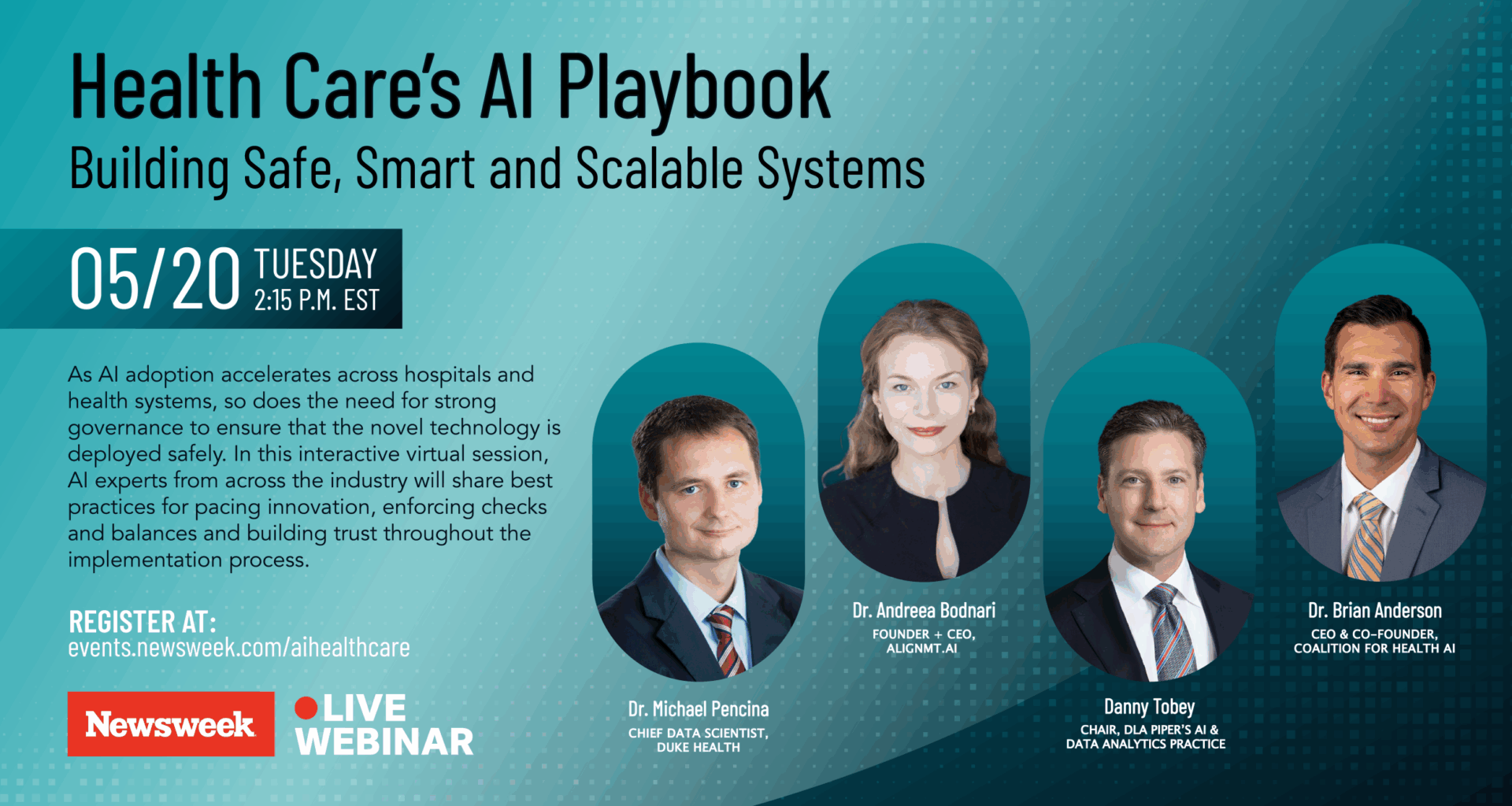Next Tuesday, I’m moderating a virtual panel on AI governance and risk management in health care (you can register for that discussion for free here). In preparation, I’ve been speaking with health AI leaders about the usual suspects—ie., surveillance protocols—and some unusual suspects—ie., the pope.
Divine intervention was not on my AI-news-cycle bingo card for the year, but I was pleasantly surprised to see the newly chosen pope acknowledge the potential and challenges posed by AI.
Pope Leo XIV, the first American chosen to lead the Roman Catholic Church, said he selected that papal name to honor his predecessor, Leo XIII, who showed a strong commitment to social issues and workers’ rights during the industrial revolution.
“In our own day, the church offers everyone the treasury of its social teaching in response to another industrial revolution and to developments in the field of artificial intelligence that pose new challenges for the defense of human dignity, justice and labor,” Pope Leo XIV said during his first press briefing with the media.
Dr. Michael Pencina, vice dean and chief data scientist at Duke Health (and one of our panelists for next Tuesday’s discussion), raised the pope’s remarks during a chat we had this week. Indeed, we’re on the brink of a second technical revolution—and how to manage this period is “one of the biggest issues facing humanity,” Pencina said.
There’s a growing expectation in the financial sector that cost-cutting measures like the Department of Government Efficiency (DOGE) will pave a new era of automation. But health care has a lot to lose if humans fall out of touch, Pencina said.
He compared AI programs to his own small children: You need to know where they are and what they’re doing at all times, because they’re more likely to be doing something “mischievous” sans watchful eyes.
No right-minded hospital leader wants to see AI models causing mischief. Yet, it’s tough to keep tabs on the shape-shifting regulations and recommendations for technological governance.
If you only have time for two reads this week, I recommend (1.) this NEJM AI article from UC San Diego Health System, which calls for disclosure when using AI for patient communications, and (2.) this LinkedIn article from Dr. Merage Ghane, director of responsible AI in health at the Coalition for Health AI (CHAI), reflecting on the organization’s decision to publicly release its testing and evaluation frameworks on GitHub.
But if you have, say, an hour to spare next Tuesday, May 20, at 2:15 p.m. EST, I invite you to join us in conversation as we discuss the management playbook for safe, smart, scalable AI in health care. Read on for more info, and I’ll see you next week.

Join our panel of AI experts for an interactive discussion on safe, scalable innovation.
Join our panel of AI experts for an interactive discussion on safe, scalable innovation.
Newsweek
Click here to register for free.
Essential Reading
One of hospitals’ most profitable procedures has a hidden cost. Cardiac surgery brings in millions of dollars for health systems—but a common, expensive complication is eating away at some hospitals’ profits. And under CMS’ new TEAM model, this post-op condition could become an even bigger financial liability. Get the scoop in my latest article for Newsweek.Pharmacies and other U.S. drug importers are scrambling to stockpile common drugs after President Donald Trump said he would announce a “major tariff” on the products soon. Pharmaceuticals have been virtually tariff-free in the U.S. for three decades, NPR noted recently. While many pharma giants have promised to expand domestic manufacturing over the next several years, the U.S. imported $53 billion of pharmaceutical and medical products in March alone—equivalent to 20 percent of all our pharmaceutical imports in 2024—thus signaling unease, according to the Financial Times.Maine lawmakers are weighing a bill that would block private equity investments in hospitals, The Maine Monitor reported. If inked, the legislation would bar private equity companies and real estate investment trusts from acquiring or expanding ownership stake in hospitals until 2029. No one has testified in opposition to the bill so far.The American Hospital Association wrote government officials to offer 100 ways that the Trump administration could lessen the burden on hospitals and health systems. Their list was derived from more than 2,700 ideas collected in an AHA member survey. Click here to read the full recommendation, which includes requests that: all Center for Medicare and Medicaid models are made voluntary; “outdated” COVID-19 reporting mandates are repealed, including some that require post-acute care providers to report patient and staff COVID-19 vaccination rates and hospitals to report weekly data on acute respiratory illnesses; and certain federal limitations on nurse practitioners and other advanced practice providers are eliminated, as federal guidelines often impose scope limits that are more restrictive than states’ own licensures, restricting hospitals’ abilities to expand access.Pulse Check

James Hereford is the president and CEO of Fairview Health Services.
James Hereford is the president and CEO of Fairview Health Services.
Fairview Health Services
James Hereford is the president and CEO of Fairview Health Services, a nonprofit health system based in Minneapolis. Its extensive portfolio includes both community and academic hospitals; assisted living and senior facilities; rehabilitation centers and home health care services; primary and specialty care clinics; and pharmacies and benefit management services.
I connected with Hereford for a Pulse Check this week before it publicly posted its Q1 financial results, which were pretty remarkable. The system saw a $65 million improvement in net operating income compared to the same quarter in 2024—this marks its first profitable Q1 since 2018. Read on for a closer look at the strategy supporting Fairview’s financial turnaround.
Fairview recently returned to profitability, achieving its ninth consecutive quarter of YOY operating improvement. One element of the business that buoyed that financial success was your pharmacy solutions business, which launched late last year (and has, in part, spurred a 23-percent increase in pharmacy services revenue). What compelled Fairview to crack the specialty pharmacy space?
We’ve had a long-standing capability in specialty pharmacy, and Bob Beacher—our EVP and now president of our Fairview Pharmacy Solutions spinout—has done a remarkable job growing that capability. It’s one of the few areas where we can actually show per-member-per-month savings through better medication management.
Part of the challenge is that margins in acute care are incredibly slim, especially in a market like the Twin Cities, where we face higher-than-average labor costs and lower-than-average commercial reimbursement. I often describe it as the 2 percent/4 percent problem: Our revenue grows about 2 percent annually, while our cost structure inflates at least 4 percent. That gap—on an $8 billion base—is $160 million a year just to stay even.
So we knew we had to diversify our revenue. Specialty pharmacy is an area where we have deep expertise, and many health systems with 340B programs aren’t fully optimizing them. We can help close that gap. We’re encouraged by the early traction, but the strategic imperative is clear: We have to find new ways to grow revenue that don’t rely solely on government and commercial payers—or fall on the backs of our patients.
Your system’s transformation office delivered $342 million of operational efficiency savings in 2024. How are you balancing the need for innovation with the need to focus on financial longevity?
We don’t view innovation and financial stewardship as competing goals—they need to coexist. The way we see it, any investment we make must position us for the future and deliver measurable benefit in the near term.
Over the past few years, we’ve prioritized what I’d call the “low-hanging fruit”—changes that are meaningful, repeatable and aligned with both financial discipline and long-term transformation. We try hard to avoid false choices between short-term survival and long-term relevance.
The reality is, health care needs to fundamentally change. It’s too expensive, too inaccessible, and structurally unsustainable. Commercial payers are increasingly absorbing the cost of government shortfalls, and that model won’t hold. We can’t just run faster on the same hamster wheel—we need real transformation in how care is delivered, how it’s financed and how it shows up for patients.
C-Suite Shuffles
Michael Dowling, president and CEO of Northwell Health—the largest non-for-profit health care provider in New York—will step down on October 1 after more than 23 years at the helm. Dr. John D’Angelo, current executive vice president of the health system’s central region, will succeed Dowling. Read on to the Executive Edge section to hear Dowling’s advice for the next generation of health care leaders—shared exclusively with Newsweek.The telehealth company Hims & Hers has selected Mo Elshenawy to serve as its chief technology officer as the platform works to scale its AI capabilities. Most recently, he was president and CTO of Cruise—a self-driving vehicle company owned by General Motors.Andrew Witty suddenly resigned as CEO of UnitedHealth Group for “personal reasons,” the company announced Tuesday. Stephen Hemsley, chairman of UHG’s board of directors and former CEO, was reappointed to the top seatwhich he held from 2006 to 2017.Hemsley led the formation of UHG’s Optum business and guided the company through the 2008 financial crisis. The HR Digest has called his appointment a “morale mission” as the company deals with aftershocks from last year’s Change Healthcare cyberattack, and the fatal shooting of United Healthcare CEO Brian Thompson.The company simultaneously suspended its 2025 outlook, reiterating that Medicare Advantage costs have been higher than expected.Executive Edge

Michael Dowling is the president and CEO of Northwell Health.
Michael Dowling is the president and CEO of Northwell Health.
Northwell Health
Michael Dowling is the longtime president and CEO of Northwell Health—or at least, he is until October 1. Yesterday, Dowling announced that he’ll be stepping down from the role this fall, assuming the CEO Emeritus position to aid his successor’s transition.
Dowling is widely considered a visionary in the industry: He spearheaded the creation of New York’s first integrated health system in 1992, deepened its presence in research, technology and medical education, and has mobilized more than 60 health care CEOs to address gun violence in the United States. Since 2020, his Center for Gun Violence Prevention has been developing best practices for firearm injury and death prevention, providing support services and clinical care for victims, and speaking out in hopes of depolarizing the issue.
He’s already contributed substantially to the leadership realm—in deeds, published books and LinkedIn posts—but yesterday, I asked him to share his best advice for the incoming generation of health care executives. Here’s what he said:
“The world of health care is changing faster than ever before. You have to be willing to adapt, to embrace new ideas, and to challenge the status quo. Don’t be afraid to take risks. Some of the biggest breakthroughs come from thinking outside the box. And never stop learning. There’s always something new to discover. “Health care isn’t a one-person show. It takes a whole team—doctors, nurses, administrators, everyone working together. Build strong relationships, listen to different perspectives, and never underestimate the power of a shared vision. That’s how you get things done. “Leading Northwell these past 25 years has taught me a lot, and it’s been an incredible honor, a privilege to help see the health system change and grow. We have been through a lot but no matter what we faced, we’ve always put patients first, and that won’t change.”
Years ago, Dr. Víctor Raúl Castillo Mantilla, CEO and president of the Hospital Internacional de Colombia, decided to leave his personal phone number on the door of every patient room with a note that says: “If you have any issues with your care, please call Dr. Castillo, President of the Fundación Cardiovascular—he will help you.”
In this Newsweek CEO Circle Q&A, Castillo explains why he did it—I couldn’t believe how many calls he’d receive in a single day!
This is a preview of Access Health—Tap here to get this newsletter delivered straight to your inbox.
